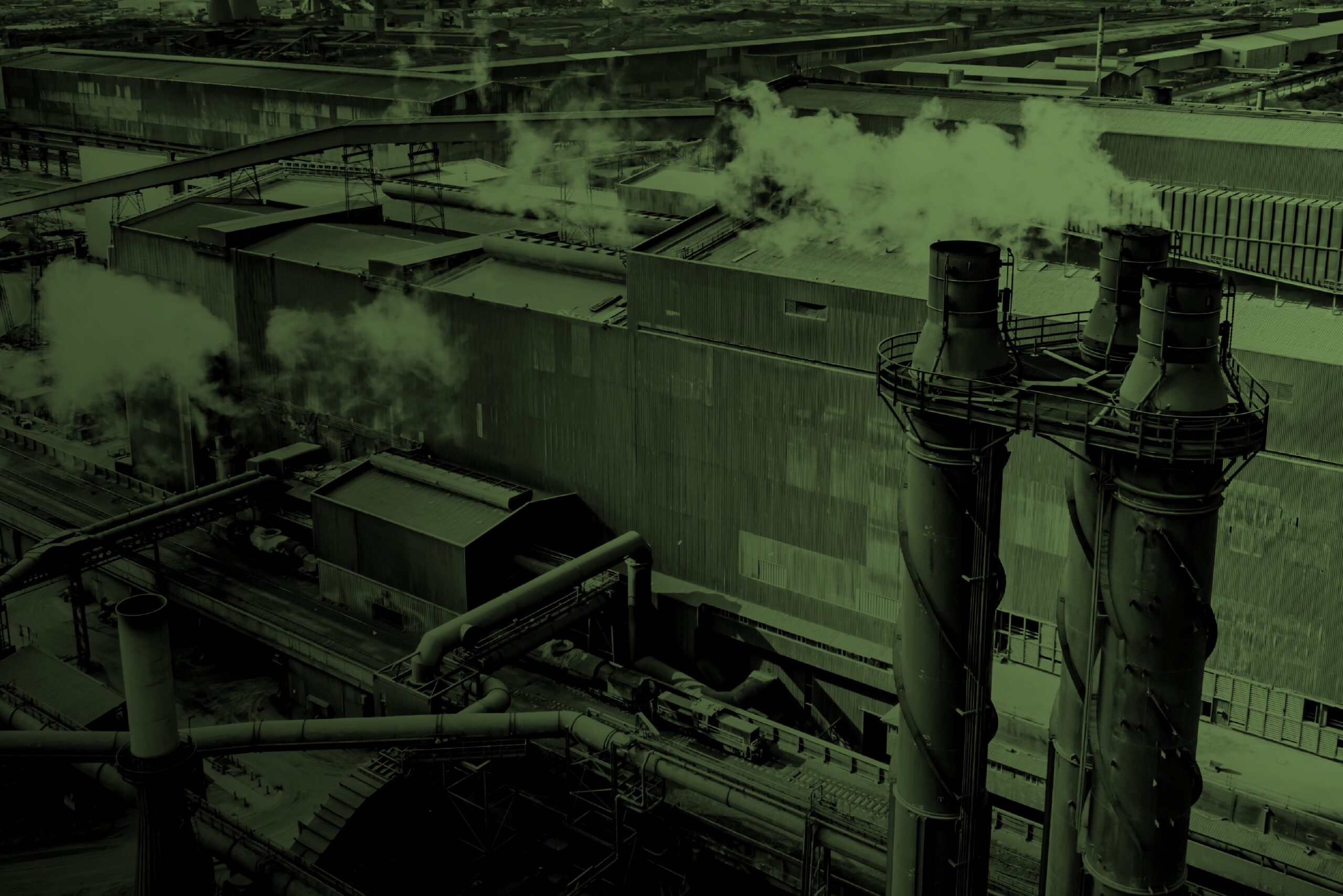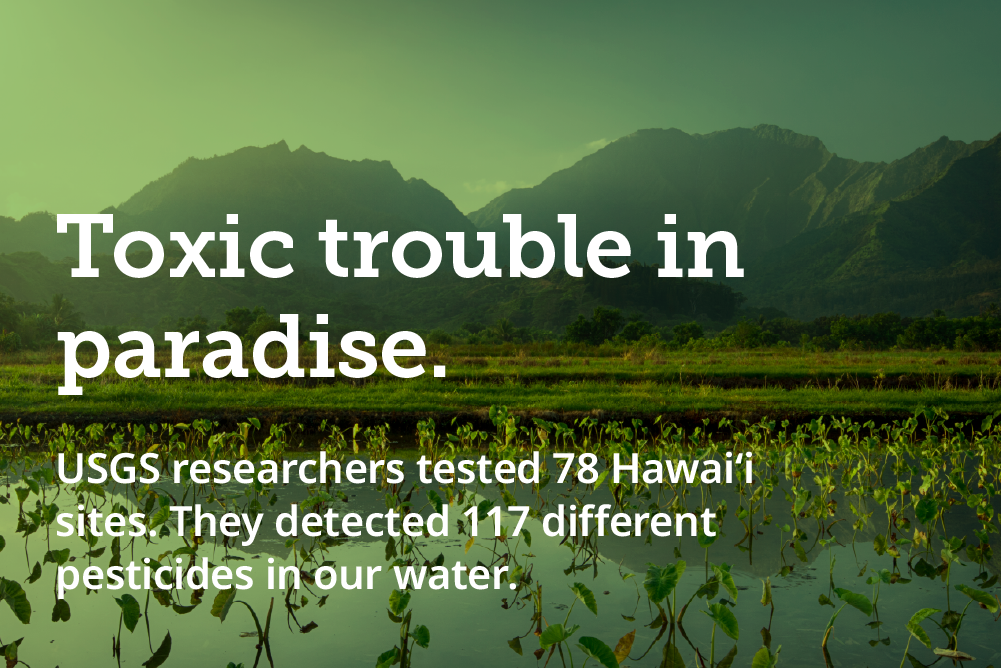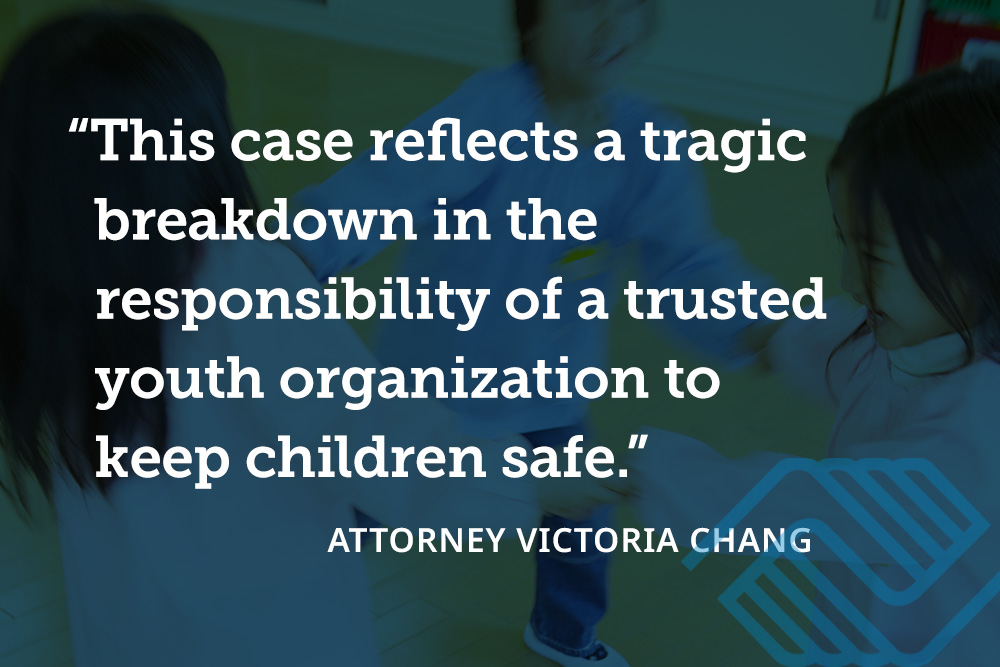
We’re constantly surprised by the new and unexpected ways that Lahaina fire victims are being taken advantage of as they face the daunting task of rebuilding.
One of the latest examples is highlighted by Civil Beat reporter John Hill’s examination of unequal treatment homeowners are experiencing with the money they receive from insurance settlements. Many banks and mortgage lenders are requiring homeowners to deposit the money with them and — in many cases — the homeowners are not receiving interest on those deposits.
We can help.
Double-dipping at the expense of Lahaina victims
In essence, lenders are using homeowners’ money to make money but are not sharing the profits.
“There is no justification to allow the bank to get money interest-free and invest it for the bank’s profit,” Case Western School of Law Professor Kenneth Klein told Civil Beat. “This is double-dipping at the expense of others. If the money is available to the bank for profit, the bank must pay for the privilege.”
Having access to money generated from interest is important because the rebuilding of Lahaina is likely to take years. Interest income represents tens of thousands of dollars that homeowners desperately need and that could make a difference in their ability to rebuild.
Some homeowners are receiving no interest income on their insurance proceeds while others with more ethical lenders are receiving more than 4 percent. It all depends on what the lenders choose to do. While several Hawai‘i financial institutions are voluntarily paying higher interest rates, others — particularly mainland banks — are not.
For example, 2 percent interest on an $800,000 insurance settlement would generate an additional $16,000 after one year. After five years, the savings would add up to $80,000 — enough to potentially make a difference in a homeowner’s ability to rebuild.
“The banks are already making money off my interest,” Lahaina resident Jeremy Delosreyes told Civil Beat. “Now they’re going to make more money off the money that goes into this escrow account.”
We applaud the financial institutions and loan servicers that are doing the right thing. The situation is not unlike treatment that fire survivors are receiving from lawyers and law firms pursuing litigation over the negligence that caused the fires. Contingency fees — the amount that a law firm receives for expenses and the costs and risks of handling the litigation — are as high as 40 percent. At Hawai‘i-based Galiher DeRobertis & Waxman, we made a decision to cap our contingency fees for Maui fire litigation at 20 percent. This will help ensure that more money goes directly to the fire survivors who need it.
How Do We Fight for You?
Seek justice with the help of our experienced Hawai‘i attorneys. We’ve battled corporate giants on behalf of individuals like you for over 40 years, aggressively fighting those responsible for personal injury and wrongful death caused by corporate wrongdoing and fraud committed against the government. If you’ve suffered catastrophic injury or loss caused by corporate negligence or believe you have a government whistleblower case, we can help. Contact us for a free consultation. Contact is kept confidential.






